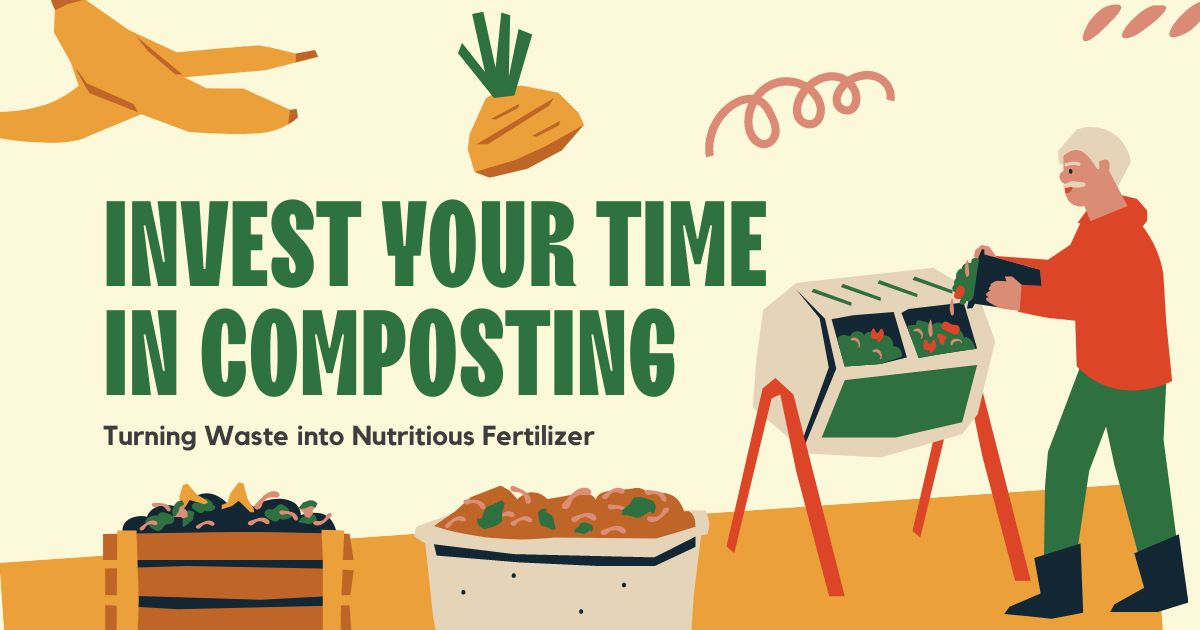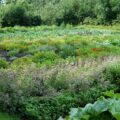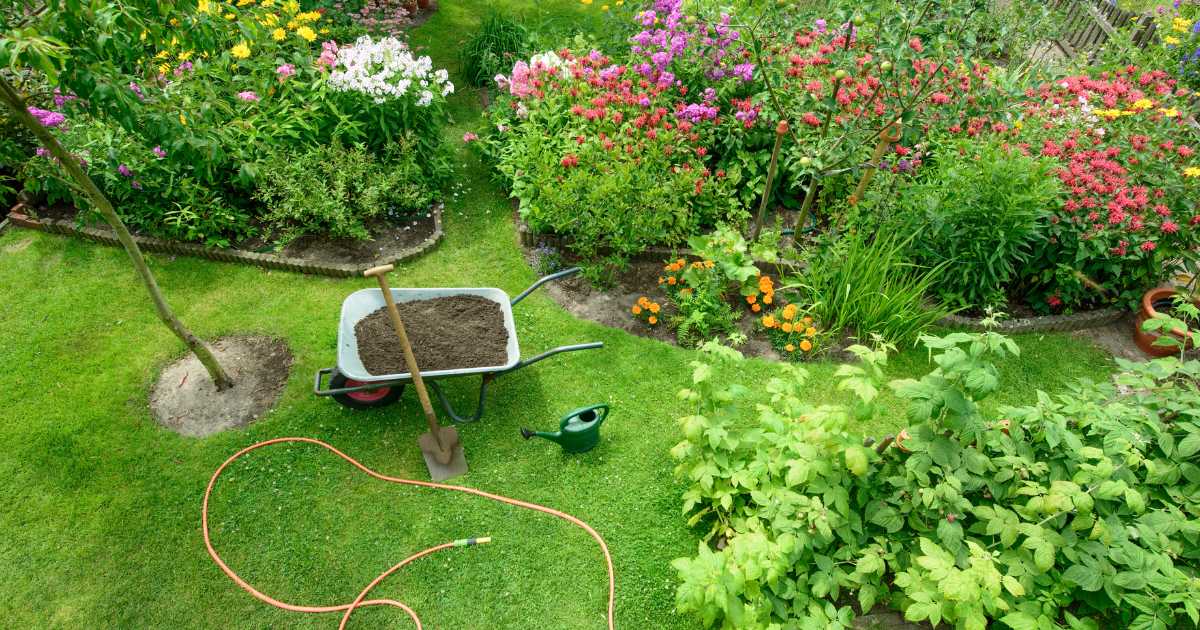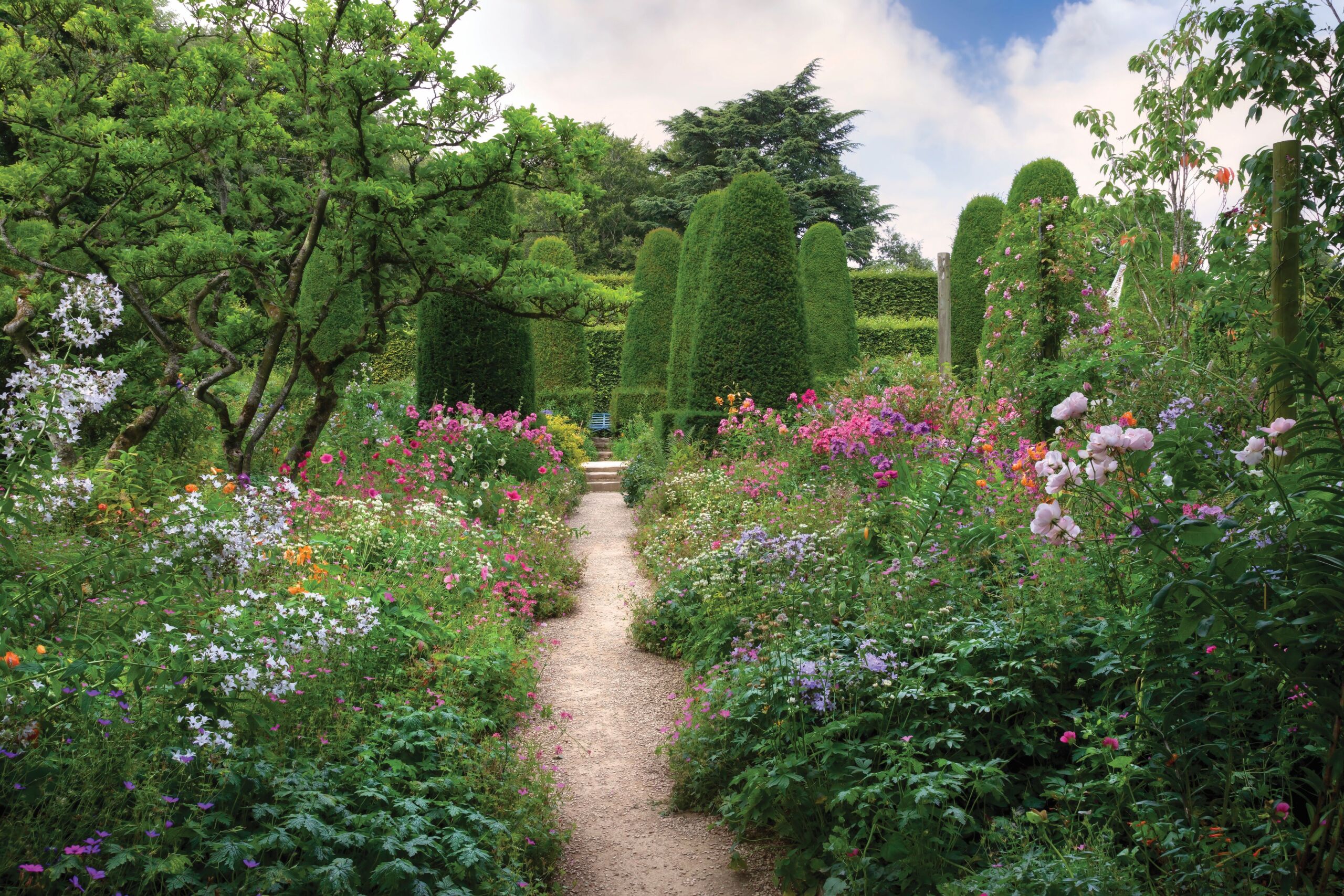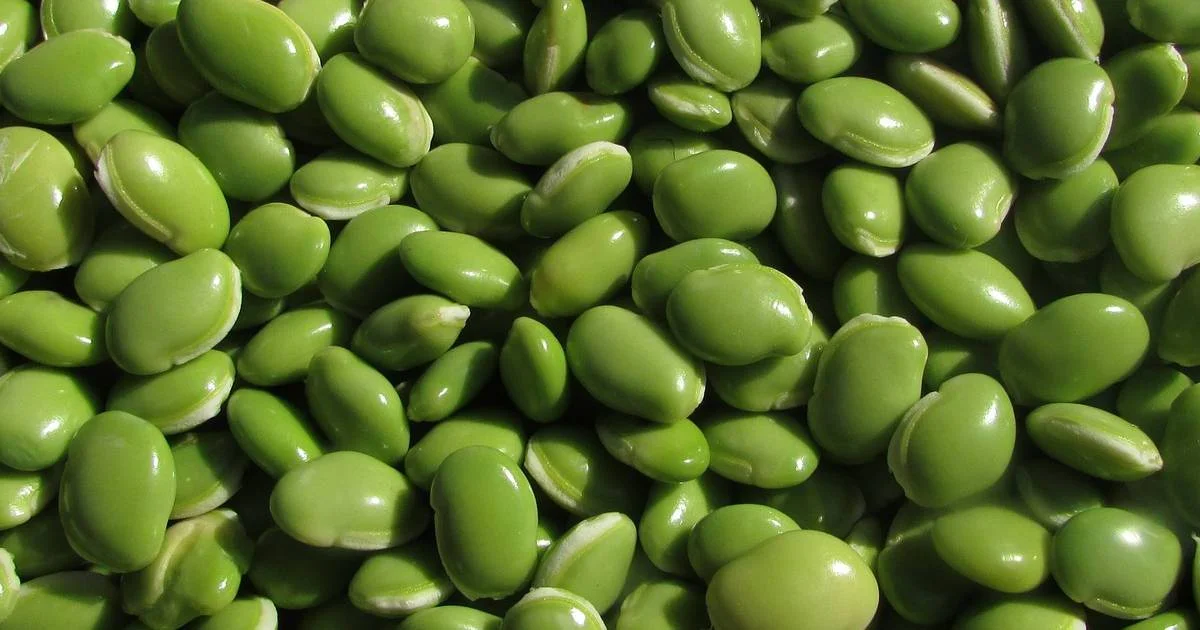Compost is de-“composed” organic matter, which is to say, anything containing carbon that has had the
opportunity to rot down under the right conditions. Ideal compost will contain diverse source material — kitchen scraps, animal manures, fallen leaves — that has spent at least a season rotting down and is teeming with active microbial life.
These bacteria, actinomycetes, fungi, protozoa and nematodes mobilize to turn kitchen scraps into compost and to make those nutrients available to plants. Compost is the least expensive and best fertilizer for your garden.

How to make your own compost
Getting a good mix of “green matter” and “brown matter” will allow the magic of compost to unfold without simply rotting.
Green matter is the high-nitrogen kitchen scraps; brown matter is the high-carbon wood chips, cardboard or newspaper. One-to-one is fine; one part nitrogen/green material to five parts carbon works even better. Once you have your “recipe,” add it to a well-ventilated container — ideally one that sits on the ground where earthworms can find it.
During the growing season, fertilize with compost tea. Avoid the use of chemical fertilizers throughout the growing season and feed your plants with compost tea. To make this homemade organic fertilizer, find an old pillowcase or cloth sack and fill it to one-third with finished compost. Next, soak it in a large bucket of water for 48 hours. Use the solution to water your garden and empty the pillowcase of compost onto your garden.


